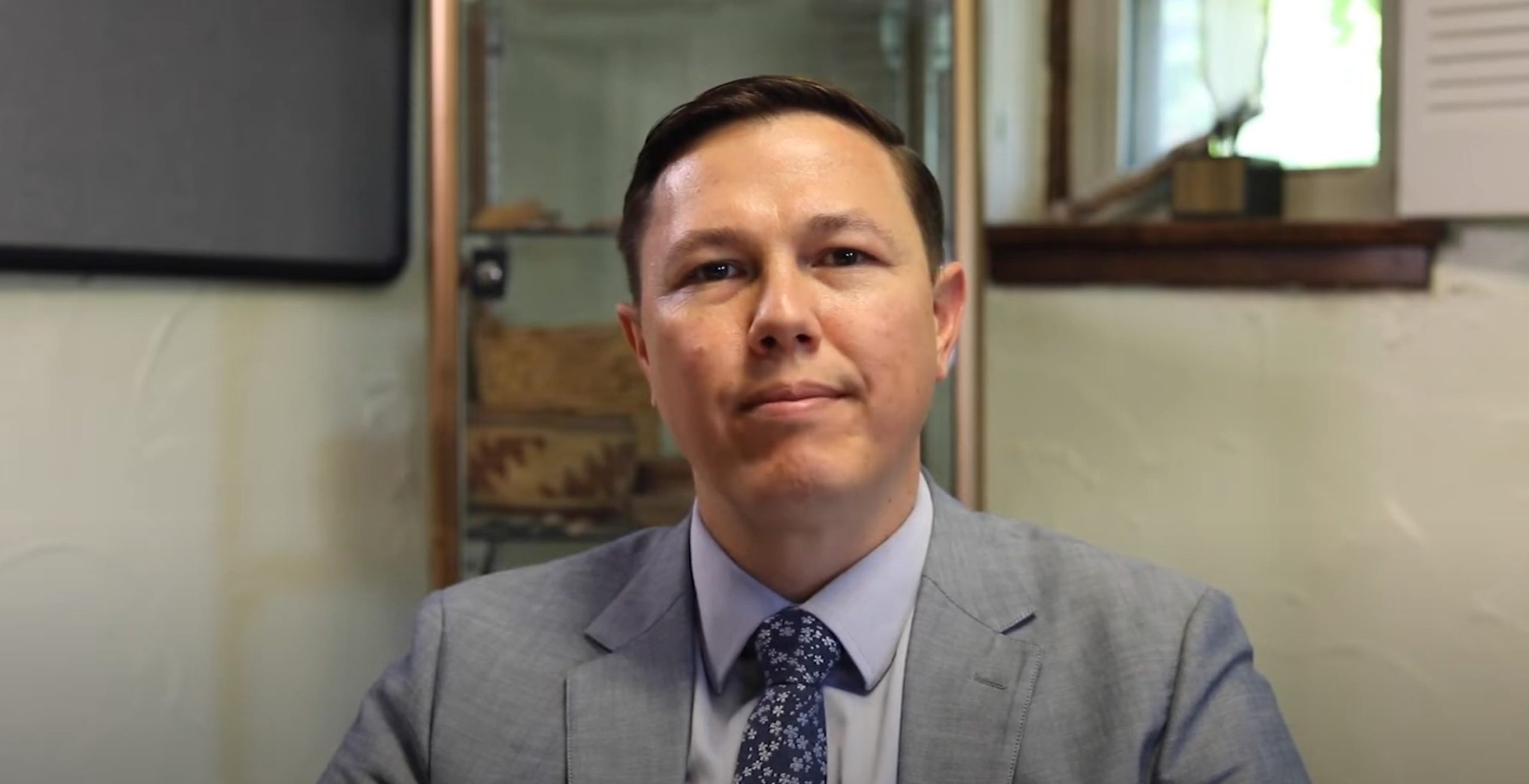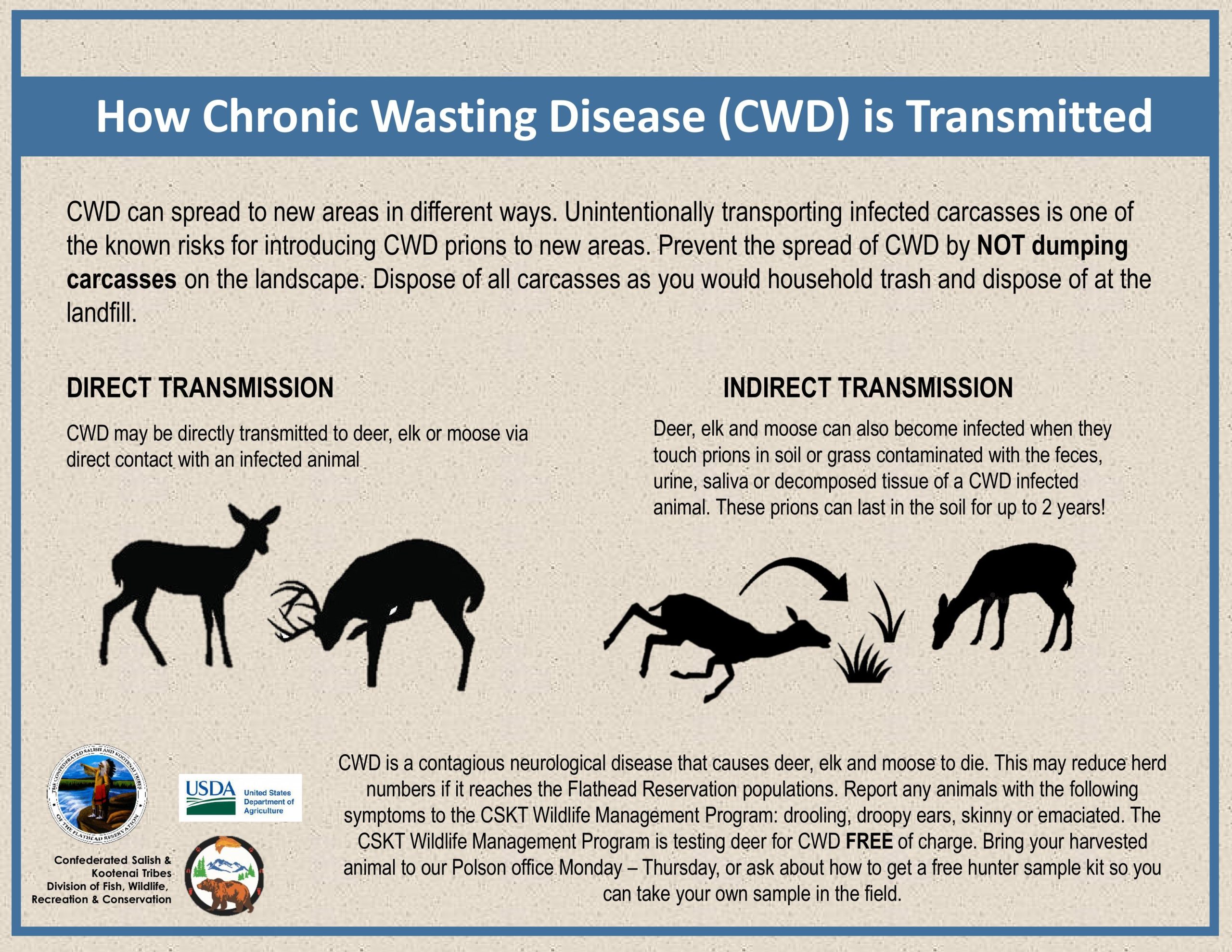Podcast: Play in new window | Download | Embed
Photo: The Dwight Eisenhower Executive Office Building houses the OMB. (Yuhan Zhang / Wikipedia)
Native communities across the country continue to raise concerns about potential impacts from President Donald Trump’s executive orders and other administration actions.
As the Mountain West News Bureau’s Murphy Woodhouse reports, Native organizations from across the country are responding.
Of particular concern was a late January Office of Management and Budget (OMB) memo that temporarily froze federal payments, and sowed ongoing uncertainty across the country.
“To see the federal funding freeze was very alarming and concerning for many folks within Indian Country.”
That’s Matthew Campbell, deputy director of the Native American Rights Fund, speaking from Boulder, Colo.

Matthew Campbell.
His group was one of a number of Native organizations that recently sent a letter demanding the Trump administration make sure the U.S. government abides by its treaty obligations to Tribal Nations.
The OMB memo was ultimately rescinded, but Campbell says concern remains.
He noted that federal funding helps support law enforcement, education, and healthcare in Native communities.
The letter reads “all the Tribal organizations represented here are also resolute on a touchstone. Indian Country is a vital non-discretionary part of the federal government budget.”
U.S. Sen. Lisa Murkowski (R-AK) herself sent a letter to OMB, demanding it direct federal agencies to ensure federal funding to tribes is not affected by President Trump’s executive orders.

Native youth are urging tribal leaders to invest in young people.
Youth leaders at the National Congress of American Indians (NCAI) winter legislative session say young people are addressing many of the challenges facing their communities today, including climate change, education, and language revitalization.
NCAI Youth Commission co-presidents Madison Brown and Angelina Serna delivered remarks to tribal leaders this week, gathered in Washington, D.C.
Serna says Indigenous knowledge, which includes young people, is a valuable tool for healing, governance, and a thriving future.
“We must ensure that our leaders, our elders, our youth, and our spiritual guides are present in every room where decisions are being made about our future. This isn’t just about having a seat at the table. It’s about ensuring that our voices shape the conversation. It is about understanding that the solutions to many of the crises we face lie in the deep lived experiences of our peoples.”
Brown asked tribal leaders to advance youth leadership programs to help them better understand policies and legislative processes at the tribal, state and federal level.
“The current state of Native youth is filled with hope and determination. We are not asking for permission to exist or simply to continue tribal youth programs. We are asserting our place in the world. Yes, we are youth and there is responsibility in advancing our priorities, but we are youth with lived experiences and deeply rooted in the teachings of our elders.”
A youth leadership summit is being held during the NCAI conference, both wrap up on Thursday.

(Courtesy CSKT)
Chronic wasting disease (CWD) was detected for the first time on northwest Montana’s Flathead Reservation.
Montana Public Radio’s Aaron Bolton reports, tribal officials are now sampling deer herds to see how widespread the fatal disease is.
CWD is a fast-spreading disease that’s 100% fatal to deer, elk, and moose.
It’s been detected throughout Montana, but until now, hasn’t been seen on Confederated Salish and Kootenai lands.
The tribes say a mule deer taken by a tribal hunter tested positive earlier this month.
Rich Jansen is the head of the tribes’ Natural Resources Department.
“Our people don’t want it on the reservation. That is a big thing for us because it is a culturally sensitive food source, frankly that we utilize.”
There hasn’t been a documented case of humans becoming infected, but federal health officials advise against eating animals that test positive.
Jansen says his staff will sample at least 150 animals to get a better understanding of how widespread the disease is.
Get National Native News delivered to your inbox daily. Sign up for our daily newsletter today.



